Lotus Sandalwood Aus EO 5ml
$30.00
2 in stock
Description
Botanical Name: Santalum Spicatum
Plant Part: Wood
Extraction Method: Steam
Origin: Australia (WA)
Description: Sandalwood is an evergreen, parasitic tree that burrows its roots into other trees and it can grow up to 9 meters (30 feet) high and has a brown-gray trunk, many smooth slender branches, leathery leaves and small pink-purple flowers. It can take thirty to sixty years for a tree to reach full maturity. That is when it can be harvested and distilled.
Colour: Golden Orange with brown tones
Common Uses: Sandalwood is used by aromatherapists to combat Bronchitis, chapped and dry skin, depression, laryngitis, leucorrhea, oily skin, scars, sensitive skin, stress, and stretch marks. It also has historical applications as an aid in meditation for religious ceremonies. Sandalwood is believed to create an exotic, sensual mood with a reputation as an aphrodisiac. It also has extensive uses in the perfume industry as a fixative, and use in body care products for the fragrance it provides.
Consistency: Medium to Viscous
Note: Base
Strength of Aroma: Medium
Blends well with: Sandalwood blends well with most oils. The list includes Rose, Clove Bud, Lavender (All types), Geranium (All Types), Vetiver, Patchouli, Jasmine, Peru Balsam, Benzoin, Bergamot, Clary Sage, Coriander, Cypress (All Types), Fennel (All Types), Frankincense, Galbanum, Myrrh, Palmarosa, Pepper (All Types), Peppermint (All Types), Spearmint, and Vanilla. Aromatic Description : Sandalwood is a rich, balsamic, sweet fragrance with delicate wood notes that add to its reputation as a luxurious and exquisite oil.
History: The documented use of Sandalwood goes back 4000 years to India, Egypt, Greece and Rome. Many temples and structures were built from Sandalwood and the Egyptians used it in embalming. This practice has steadily decreased to the point where Sandalwood is now only being used for the distillation of oil. The largest reason for this is the over-harvesting of the tree coupled with the 30 year period required for the regeneration.
You must be logged in to post a review.
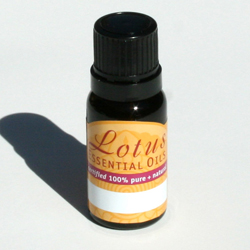
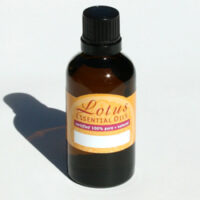
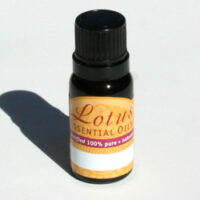
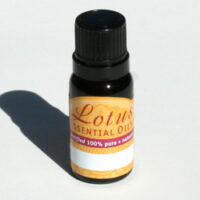
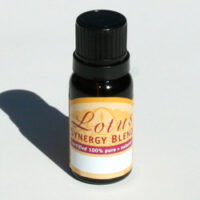
Reviews
There are no reviews yet.